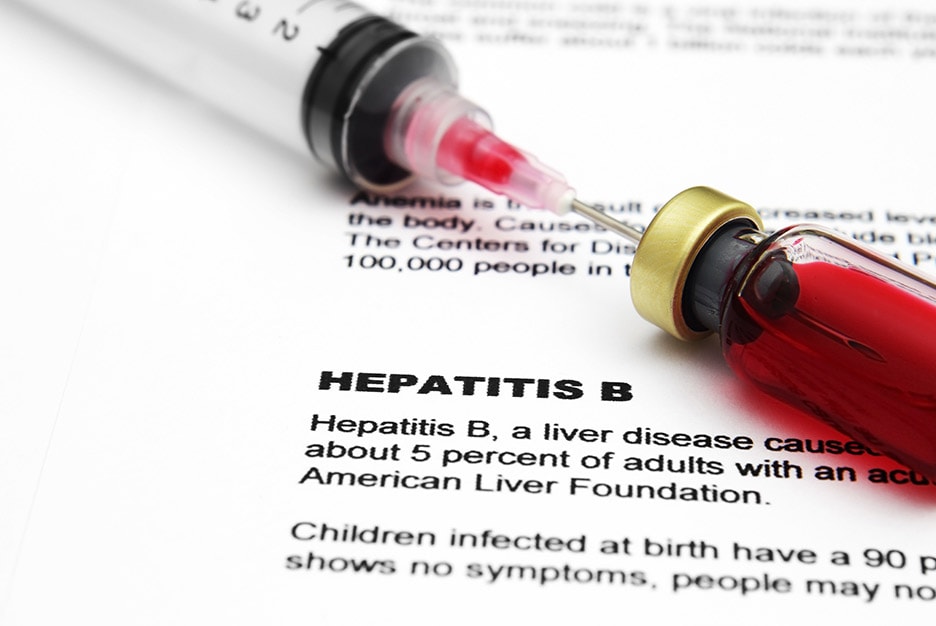Comprehensive Guide to Recognizing Signs and Symptoms of Hepatitis B
Hepatitis B is often a silent disease with minimal early symptoms, making early detection vital. This comprehensive guide explains the signs, symptoms, and importance of timely diagnosis to prevent severe liver damage, hepatitis B complications, or liver cancer. Recognizing these symptoms helps in prompt medical intervention, especially since many infected individuals remain asymptomatic initially. Understanding the disease’s progression from acute to chronic stages can significantly impact treatment outcomes and public health efforts to control spread. Stay informed about hepatitis B for better health.

Recognizing the Key Signs and Symptoms of Hepatitis B Infection
Hepatitis B is frequently referred to as a "silent infection" because many individuals infected with the virus show no obvious symptoms in the early stages. Being aware of the subtle signs can help in early detection and prevention of severe liver complications. Understanding how hepatitis B manifests is crucial for maintaining liver health and avoiding life-threatening conditions.
Studies indicate that over 69% of individuals infected with hepatitis B do not exhibit symptoms, making it a silent but potentially dangerous disease. About 30% of infected people might experience non-specific flu-like symptoms that can be easily overlooked or mistaken for common illnesses. Only a small percentage, approximately 1%, may develop severe complications such as fulminant hepatitis, which can lead to rapidly progressing liver failure that requires urgent medical intervention.
Hepatitis B earns the moniker of a "silent infection" because most individuals do not display noticeable symptoms in the initial phase. This asymptomatic nature often results in unknowingly transmitting the virus to others. The disease primarily spreads through contact with contaminated blood, making blood safety and hygiene critical in prevention efforts.
The illness is caused by the Hepatitis B Virus (HBV), and it can be classified into two main stages: acute and chronic. Acute hepatitis B occurs shortly after infection and often resolves itself without long-term effects, while chronic hepatitis B persists longer than six months, sometimes lasting for years or an entire lifetime. Children are particularly susceptible to developing long-term symptoms and complications.
If symptoms occur, they usually emerge between 1 to 4 months following exposure. Acute hepatitis B often resolves within a few weeks to months once symptoms diminish. However, chronic infections may persist indefinitely, with some affected individuals experiencing ongoing health issues. Early recognition of these signs can be life-saving, as it prevents progression to more severe liver conditions such as cirrhosis or hepatocellular carcinoma (liver cancer).
Why Detecting Hepatitis B Symptoms is Critical
Hepatitis B remains one of the leading causes of serious liver disease worldwide, affecting predominantly adults aged 20 to 50 years. The liver plays a vital role in numerous bodily functions, including detoxification of harmful substances, storage of energy reserves, promoting digestion, supporting immune responses, and aiding in blood coagulation. Persistent hepatitis B infection can cause irreversible liver damage, leading to liver failure or liver cancer, which is often fatal if not diagnosed early.
Common Signs and Symptoms of Hepatitis B
Many infected individuals remain asymptomatic, especially during the early stages of infection. When symptoms do appear, they resemble those of the flu and can include:
A reduced or loss of appetite
Prolonged fatigue and weakness
Nausea and episodes of vomiting
Persistent pain or discomfort in the liver area
Itching all over the body
Dark-colored urine resembling cola or tea
Clay-colored or pale stools
Jaundice, leading to yellowing of the skin and eyes
It is important to note that other types of viral hepatitis, such as hepatitis A and C, can cause similar symptoms. Severe signs like confusion, hallucinations, abdominal swelling, or worsening jaundice might suggest fulminant hepatitis, which requires urgent medical attention. If untreated, these severe symptoms can be life-threatening. Recognizing warning signs such as fluid retention, jaundice, and bleeding tendencies can help facilitate early intervention to prevent serious complications. If you suspect hepatitis B infection, consulting a healthcare professional promptly is essential, even if you are asymptomatic.




